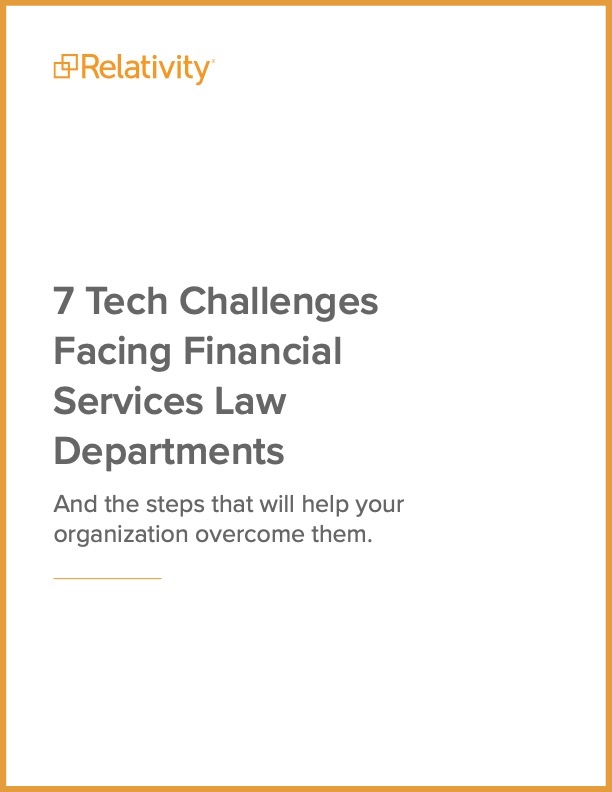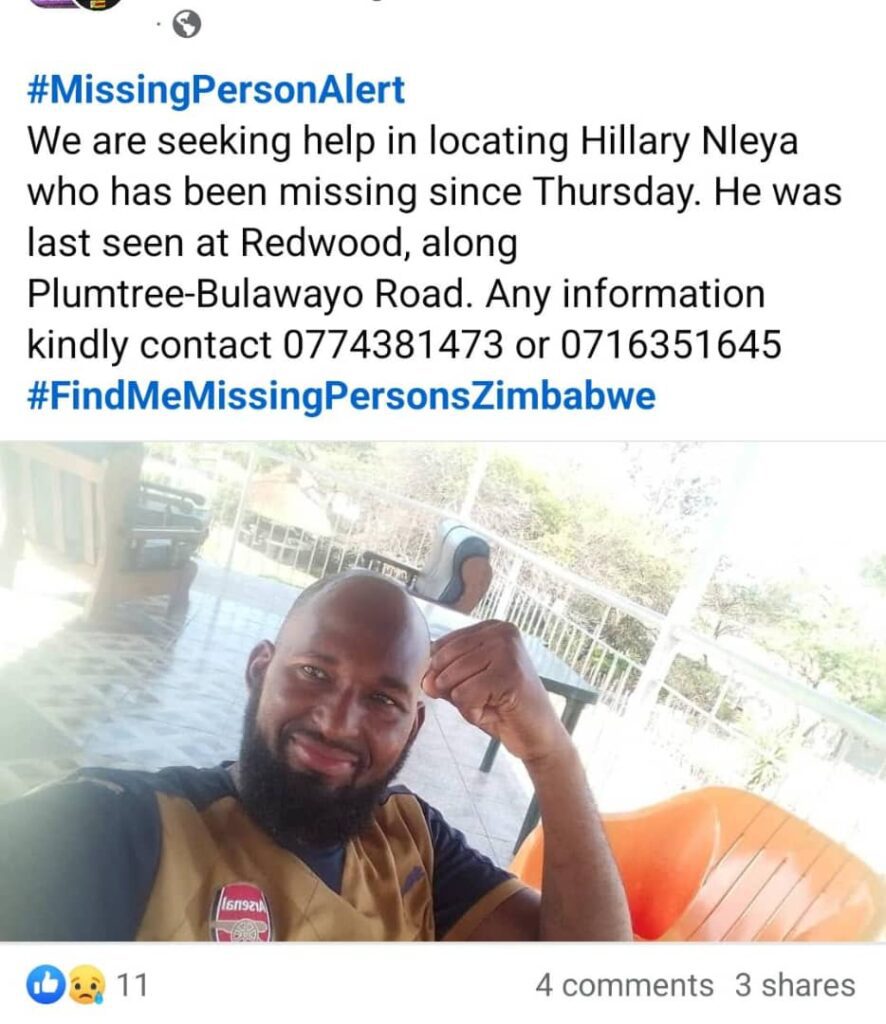
(Photo
by
Win
McNamee/Getty
Images)
To
my
sane
friends
—
that
is,
the
ones
who
voted
against
Trump
—
here’s
some
holiday
cheer:
Things
may
be
OK.
The
Trump
presidency
may
work
out.
Think
about
foreign
policy:
As
to
Iran,
nothing’s
worked
so
far.
Maybe
the
recent
events
in
Syria
will
be
an
improvement,
no
matter
who’s
the
president.
Or
maybe
Trump’s
“maximum
pressure”
policy
will
be
as
good
as
whatever
Biden’s
been
doing.
China?
Same
deal.
Perhaps
threats
of
tariffs,
or
actual
tariffs,
will
bring
China
back
onto
the
right
side
of
the
global
community.
I’d
pay
another
percent
or
two
for
manufactured
goods
in
exchange
for
an
improvement
in
the
world
order.
In
Israel,
Netanyahu
may
give
Trump
the
welcoming
present
of
a
peace
deal
in
Gaza.
That
would
undoubtedly
be
an
improvement.
On
NATO,
maybe
Trump
is
bluffing.
Trump
wants
member
countries
to
contribute
more
money
for
their
defense.
Perhaps
they
will,
and
the
United
States
will
not
withdraw
from
the
alliance.
That’d
be
a
win-win.
In
Ukraine,
victory
for
the
good
guys
appears
to
be
out
of
reach.
Perhaps
a
negotiated
solution
that
ends
the
dying
is
not
so
bad.
North
Korea?
Nothing’s
worked
for
the
past
few
decades.
So
whatever
Trump
does
is
a
push
with
the
past,
unless
Trump
triggers
World
War
III.
I
don’t
think
he’d
do
that,
because
World
War
III
would
ruin
all
of
his
golf
courses.
See?
On
the
foreign
policy
front,
things
could
be
OK.
How
about
domestic
policy?
Maybe
Trump’s
just
bluffing
about
imposing
20%
tariffs
on
Canada
and
Mexico.
Perhaps
our
neighbors
will
make
some
insignificant
adjustments
to
something,
Trump
will
claim
that
he’s
achieved
the
greatest
victory
in
the
history
of
the
world,
and
life
will
move
on.
Same
with
deportation
of
illegal
immigrants:
Trump
will
deport
a
few
thousand
undocumented
workers
who
committed
crimes
while
they
were
in
the
United
States.
Beyond
that,
deportations
will
become
expensive
and
unpopular.
Deportations
will
stop,
Trump
will
claim
success,
and
life
will
go
back
to
normal.
Actually,
life
will
go
back
to
a
better
normal.
Tax
cuts?
This
is
tricky.
The
Trump
tax
cuts
disproportionately
benefited
the
rich.
Continuing
those
tax
cuts
will
worsen
the
federal
deficit
and
again
simply
benefit
the
rich.
But
we’ve
lived
with
those
tax
cuts
for
six
years
now,
and
we’ve
survived.
And
the
damned
politicians
have
ignored
deficits
since
the
Reagan
era,
and
we’ve
gotten
away
with
it.
Maybe
there
will
not
yet
be
a
price
today.
Climate
change?
Maybe
the
market
economy
will
help:
Coal
and
gas
will
become
expensive
sources
of
energy
compared
to
nuclear,
solar,
and
wind,
and
folks
will
gradually
shift
to
cheaper,
and
more
climate-friendly,
alternatives.
See?
Things
might
not
be
so
bad.
I
confess
that
you’ll
probably
get
a
dose
of
Trump
every
morning
for
the
next
four
years,
as
he
continues
to
steal
the
media
spotlight
for
no
good
reason.
I
can’t
help
you
with
that.
Just
ignore
him.
In
the
meantime,
think
about
this:
Every
day,
for
the
rest
of
your
life,
you’ll
proudly
be
able
to
say,
“I’ve
never
voted
for
a
convicted
felon
to
be
President
of
the
United
States.”
That
puts
you
way
ahead
of
tens
of
millions
of
Americans.
Mark Herrmann
spent
17
years
as
a
partner
at
a
leading
international
law
firm
and
later
oversaw
litigation,
compliance
and
employment
matters
at
a
large
international
company.
He
is
the
author
of
The
Curmudgeon’s
Guide
to
Practicing
Law and Drug
and
Device
Product
Liability
Litigation
Strategy (affiliate
links).
You
can
reach
him
by
email
at [email protected].

















